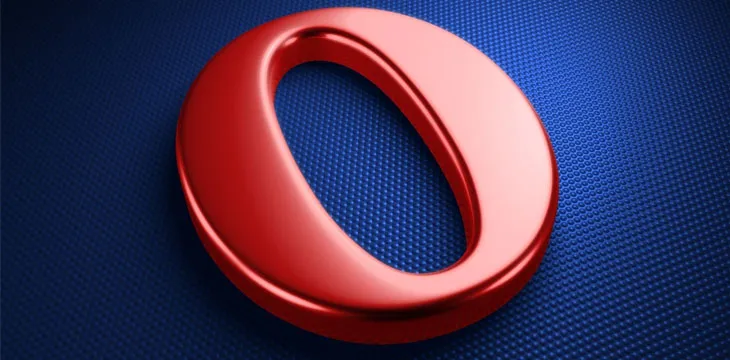|
Getting your Trinity Audio player ready...
|
Last month, Opera announced a new version of its mobile web browser that included a built-in cryptocurrency wallet. Now, the company is at it again, this time bring a crypto wallet to its desktop browser.
Due to what the company has called “strong interest” and an “overwhelmingly positive response from the crypto community,” it decided to develop a desktop version of its browser that includes the wallet. It can link directly to a user’s existing wallet through a QR code, the same setup used for other desktop-mobile sync systems such as WhatsApp.
Through the desktop-mobile sync functionality, the desktop wallet will give users the ability to sign transactions using the enhanced security of smartphones, without needing to enter passwords into their browser. This makes the wallet more secure, as well as more efficient. Since Opera’s wallet, as is the case with most Android-based wallets, stores the keys only on the wallet – and not in a centralized server – the ability for the wallet to be hacked is greatly reduced.
The browser and wallet combination has been a prime focus of Opera as it strives to take “cryptocurrencies and Web 3.0 mainstream.” Web 3.0 is the next generation of the Internet and is a move away from the centralization of services such as social media, chat and search engines.
Having a crypto wallet built directly into a web browser makes a certain amount of sense. It gives more flexibility for shopping online and could be how all future web browsers are built. When Opera announced its mobile browser with a built-in wallet, the company’s product lead, Charles Hamel, said, “Having a Crypto Wallet in the browser brings the cash experience to the world of online payments. Paying with the Crypto Wallet is like sending digital cash straight from your phone, and we’ve just made it easier. This opens up new possibilities for merchants and content creators alike.”
Opera may not be the most popular web browser in use today, but it is reportedly one of the most secure. The company started including anti-cryptojacking software across all of its browser options in January of this year and has continued to gain ground in the browser competition.

 07-09-2025
07-09-2025 





